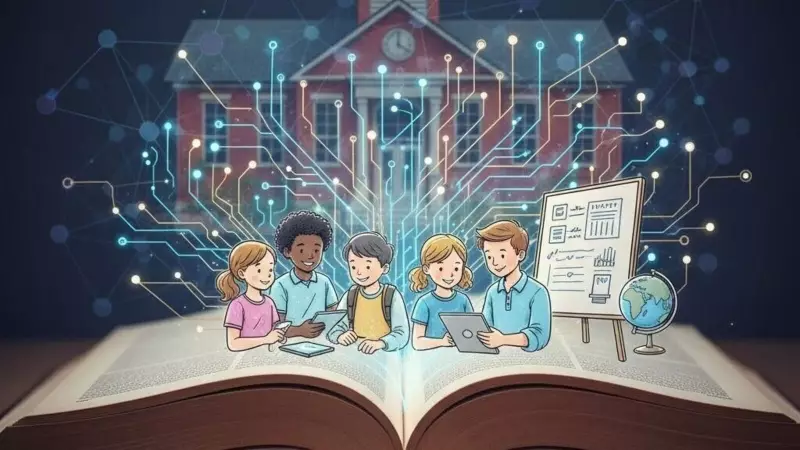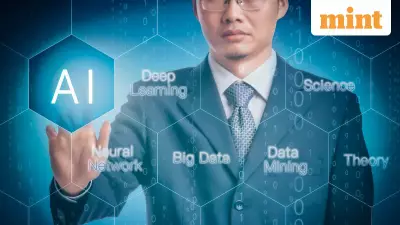
Across global educational landscapes, a silent revolution is underway as artificial intelligence fundamentally redefines how students learn and teachers teach. From bustling classrooms in Mumbai to high-tech schools in Shanghai, AI is no longer a futuristic concept but an active participant in the educational journey.
The New Digital Tutor: AI's Personalized Approach
Traditional one-size-fits-all education is rapidly giving way to customized learning experiences powered by sophisticated algorithms. These AI systems analyze individual student performance in real-time, identifying knowledge gaps and tailoring content to address specific learning needs. The result? Each child receives what essentially amounts to a personal tutor, adapting to their unique pace and comprehension level.
Global Education Giants: India and China Lead the Charge
Two of the world's most populous nations are embracing AI education with remarkable enthusiasm. In China, AI-integrated classrooms have become increasingly common, with systems that track student engagement and comprehension through facial recognition and response analysis. Meanwhile, India's growing edtech sector is deploying AI solutions that make quality education accessible even in remote areas, breaking down geographical and socioeconomic barriers.
Beyond Academics: Developing Future-Ready Skills
The AI transformation extends far beyond academic subjects. These intelligent systems are designed to foster critical thinking, problem-solving abilities, and creativity – skills that machines cannot easily replicate. By handling routine administrative tasks and basic knowledge delivery, AI frees up educators to focus on developing these essential human capabilities in their students.
Key Benefits Transforming Modern Education:
- Personalized Learning Paths: AI creates custom curricula based on individual student strengths and weaknesses
- Instant Feedback Mechanisms: Students receive immediate assessment and guidance
- Teacher Empowerment: Educators gain valuable insights into classroom dynamics and individual progress
- Accessibility Breakthroughs: Language translation and special needs accommodations become seamless
The Road Ahead: Challenges and Opportunities
While the potential is enormous, the integration of AI in education comes with significant considerations. Data privacy, ethical algorithm development, and ensuring equitable access remain critical challenges that educators and policymakers must address. The digital divide could potentially widen if AI education solutions remain inaccessible to underprivileged communities.
Nevertheless, the trajectory is clear: AI is not merely supplementing education but fundamentally reshaping it. As these technologies continue to evolve, they promise to create more engaging, effective, and personalized learning experiences for students worldwide, preparing them for a future where human intelligence and artificial intelligence will collaborate rather than compete.





